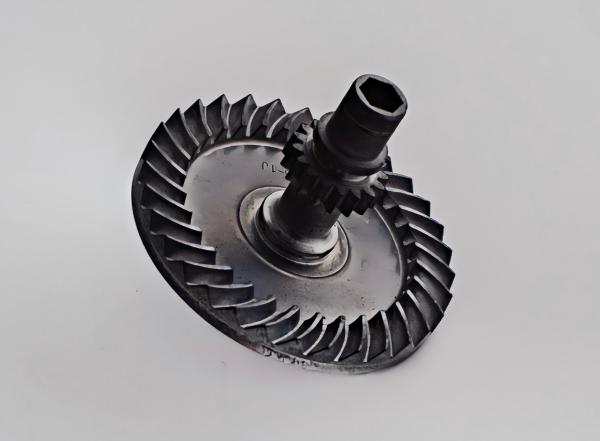CNC Machining (Computer Numerical Control Machining) is an advanced manufacturing technology that utilizes computer programs to control machine tools for automated part processing. It is widely applied in industries such as aerospace, automotive, 3C electronics, and precision mold manufacturing. Below is an introduction to the advantages of CNC machining.
High Precision and High Consistency
Positioning accuracy can reach ±0.005mm, with repeatability accuracy of ±0.003mm, making it suitable for mass production of high-precision parts (e.g., fuel nozzles for aircraft engines).
Capability for Complex Shape Machining
Supports programming for arbitrarily complex curves and surfaces (e.g., twisted blades of impellers), overcoming the limitations of traditional manual machining.
Automation and High Efficiency
Multiple processes (e.g., milling → drilling → tapping) can be completed in a single setup, reducing manual intervention and increasing production efficiency by 3-5 times compared to traditional machine tools.
Wide Material Adaptability
Capable of machining various materials such as aluminum alloys, stainless steel, titanium alloys, high-temperature alloys, and engineering plastics. Tool selection must match material hardness (e.g., carbide tools for steel, diamond tools for aluminum alloys).

